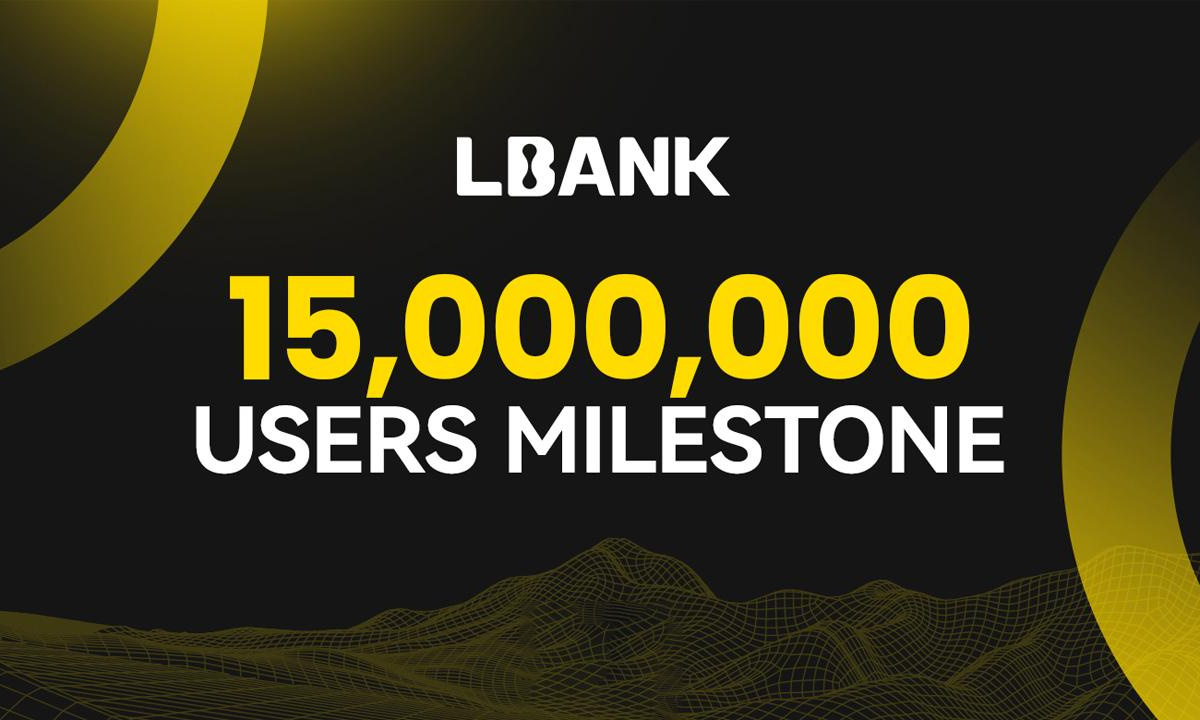ARTICLE AD
While outflows have decreased from the substantial $600 million observed in March, GBTC continues to face net redemptions.
The Grayscale Bitcoin Trust (GBTC), once a prominent Bitcoin investment product, faced significant investor withdrawals recently. However, Grayscale Investments’ CEO, Michael Sonnenshein, expressed guarded optimism in an interview with Reuters. He suggested that outflows from GBTC are reaching an “equilibrium”.
The recent news comes after a turbulent phase for Grayscale. The long-awaited SEC approval of spot Bitcoin ETFs in January 2024 paved the way for competitive offerings. Previously, Grayscale provided a security resembling a stock certificate tied to Bitcoin ownership. However, investors rushed towards the newer, more flexible ETFs with lower fees.
The data from BitMEX Research indicates a considerable outflow exceeding $15 billion from GBTC during the previous quarter. However, it is crucial to acknowledge that these substantial outflows were not exclusively driven by the lack of confidence in Bitcoin.
Sonnenshein explains that some of the outflows are driven by specific events. “Bankruptcy selling” by defunct crypto companies like FTX, which held GBTC shares on their balance sheets, contributed significantly. Moreover, certain investors engaged in “switch trades”, selling GBTC to acquire newer ETFs.
Grayscale Battles Outflows, Eyes Fee Reduction
While outflows have decreased from the substantial $600 million observed in March, GBTC continues to face net redemptions. On April 8th, 2024, BitMEX Research reported that outflows amounted to a significant $303 million, a substantial figure that justifies attention despite being lower than the March highs.
Grayscale focuses on attracting new investors and maintaining a competitive edge going forward. Sonnenshein suggested potential product innovations to match offerings from BlackRock and Fidelity. BlackRock’s iShares Bitcoin Trust (IBIT), boasting a markedly lower fee of 0.12%, has piqued substantial interest, accumulating over $17.8 billion in assets.
A substantial barrier for Grayscale is the difference in fees. Currently, GBTC charges a management fee of 1.5%, considerably higher than the industry average of 0.25%. However Grayscale provides waivers that can reduce this fee, it remains a considerable disadvantage.
“Over time, as markets mature, we anticipate that GBTC’s fees will come down,” said Sonnenshein.
Push for Ether ETF Approval amid Bitcoin Rise
Grayscale is actively seeking regulatory clearance for converting an additional offering into a spot Ether ETF. The SEC faces a late May deadline to rule on similar proposals. Furthermore, Grayscale continues to legally challenge the SEC’s prior denial of a spot Bitcoin ETF. A ruling in Grayscale’s favour could strengthen its position in the market.
Despite the recent events have led to outflows, Grayscale finds itself in a favourable position. The introduction of spot Bitcoin ETFs aligns with Bitcoin’s remarkable performance, the world’s leading cryptocurrency. In 2024, Bitcoin has experienced a substantial 60% surge, showcasing its resilience.
While GBTC appears to be stabilizing after a period of volatility, the competitive landscape for Bitcoin ETFs has undeniably changed. Grayscale will need to address the fee issue and potentially introduce new products to regain its former dominance. As the regulatory landscape evolves and the crypto market matures, the coming months will be crucial for Grayscale’s future.

 7 months ago
38
7 months ago
38 

